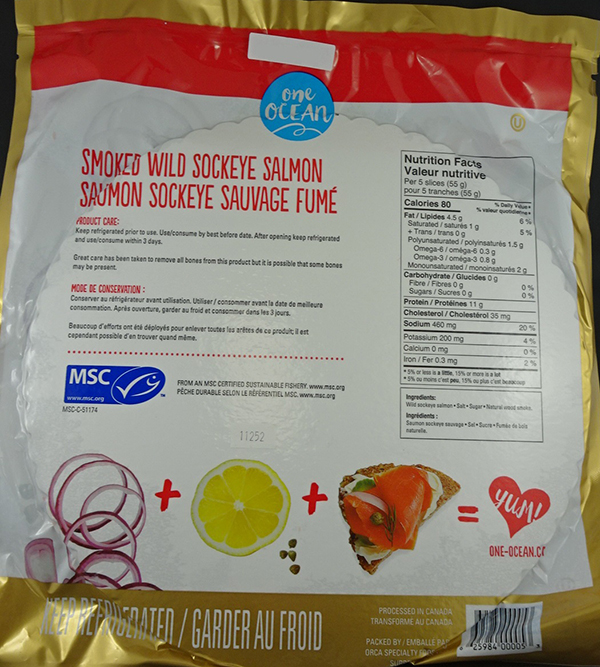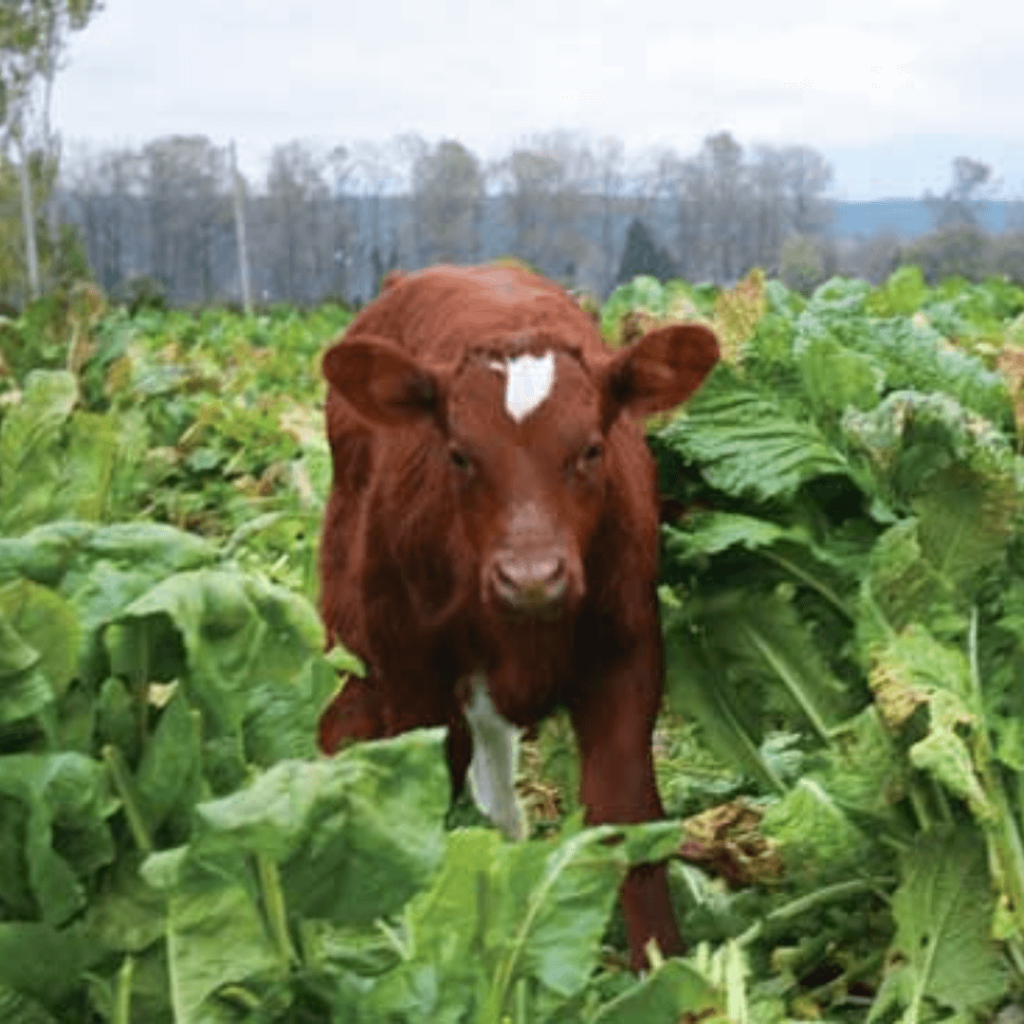A study published at Food Science and Technology (LWT Vol. 139, March 2021, 110547) investigated pathogen (Bacillus cereus, Listeria monocytogenes, Staphylococcus aureus, Escherichia coli 0157:H7, and Salmonella Typhimurium) due to γ-irradiation. The effect of additives (with 2.5% sodium citrate, 0.5% sodium carbonate, and 0.75% citric acid) combined with infant formula in powder form of frozen was studied in combination with the irradiation. The study showed that γ-irradiation alone was more efficient against pathogens in frozen infant formula. Combined treatments irradiation and food additive increased bacterial radiosensitization. Higher radiosensitization was observed under frozen conditions as compared to powdered form. Sodium carbonate gave the highest bacterial radiosensitization. The combination with γ-irradiation and Sodium Carbonate can be a good way to reduce the time of irradiation treatment to assure the IF product’s safety. @ https://www.sciencedirect.com/science/article/abs/pii/S0023643820315358?via%3Dihub
ruth
The aim of this study was to assess the effect of γ-irradiation on the microbial inactivation of selected foodborne pathogens (Bacillus cereus, Listerâ¦
ruth
According to the Canadian Food Inspection Agency (CFIA), Orca Specialty Foods Ltd. (Surrey, British Columbia) recalled One Ocean brand Sliced Smoked Wild Sockeye Salmon from the marketplace due to possible Listeria monocytogenes contamination. The product was distributed in Alberta and possibly across Canada. No illnesses have been reported to the CFIA associated with the consumption of this product @ https://healthycanadians.gc.ca/recall-alert-rappel-avis/inspection/2021/74883r-eng.php
Orca Specialty Foods Ltd. is recalling One Ocean brand Sliced Smoked Wild Sockeye Salmon from the marketplace due to possible Listeria monocytogenes contamination.
ruth
The FDA announced that the investigation of the outbreak of E. coli in leafy greens is over. Their finding confirms the presence of a recurring strain of E. coli O157:H7 in a region within Salinas Valley, which could serve as a potential source that could be associated with future contamination events.
The investigation found the outbreak strain in a sample of cattle feces collected on a roadside about a mile upslope from a produce farm. Cattle grazing on agricultural lands near leafy greens fields could have an increased risk of produce contamination, where contamination could be spread by water, wind, or other means. The FDA recommends that growers of leafy greens assess and mitigate risks associated with adjacent and nearby land-use practices, particularly the presence of livestock, which is a persistent reservoir of E. coli O157:H7 and other Shiga toxin-producing E. coli. The investigation has been unable to identify a specific type of leafy green at the heart of this outbreak. @ https://www.fda.gov/news-events/fda-brief/fda-brief-leafy-greens-e-coli-outbreak-investigation-concludes-identifies-environmental-sample
Leafy greens e. coli outbreak investigation concludes
ruth
The FDA has placed all alcohol-based hand sanitizers from Mexico on a countrywide import alert to help stop products that violate the code from entering the U.S. until the agency can review the products’ safety. The agency has seen a sharp increase in hand sanitizers from Mexico labeled to contain ethanol but tested positive for methanol contamination. The FDA’s analyses of alcohol-based hand sanitizers imported from Mexico found 84% of the samples analyzed by the agency from April through December 2020 were not in compliance with the FDA’s regulations. Under the import alert, alcohol-based hand sanitizers from Mexico are subject to heightened FDA scrutiny. This marks the first time the FDA has issued a countrywide import alert for any drug product category. Since July 2020, the FDA has also issued 14 warning letters for distributing hand sanitizer with undeclared methanol, inappropriate ethanol content, and misleading claims. @ https://www.fda.gov/news-events/press-announcements/coronavirus-covid-19-update-fda-takes-action-place-all-alcohol-based-hand-sanitizers-mexico-import?utm_medium=email&utm_source=govdelivery
FDA Places All Alcohol-Based Hand Sanitizers from Mexico on Import Alert




